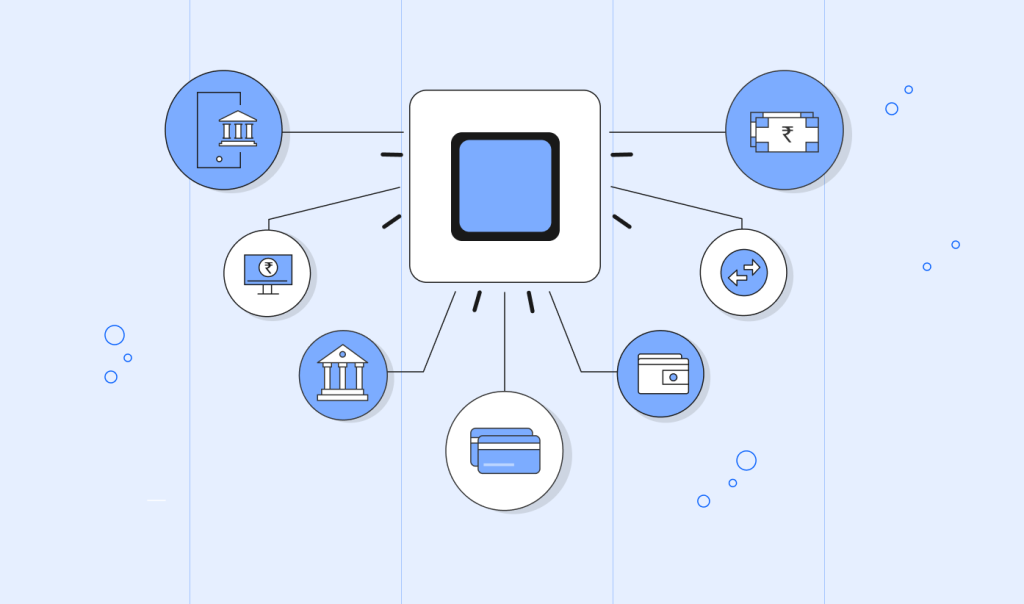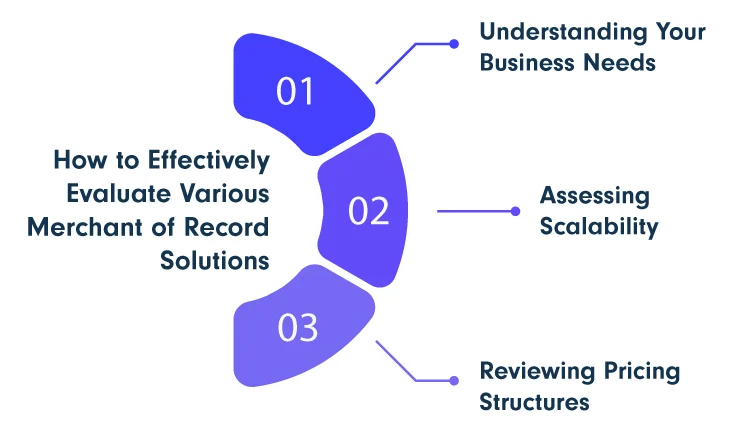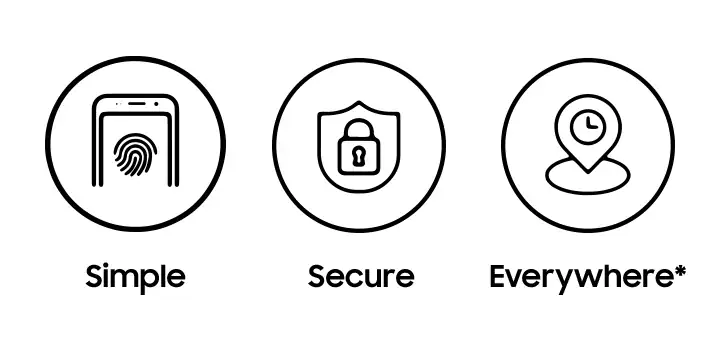AUTHOR: LUCKY MARTINS
DATE: 21/12/2024
Introduction:
In India, education remains a crucial step for social mobility[1], yet it remains inaccessible for many disabled students due to various challenges, including financial constraints. While the government and several NGOs offer financial aid, the complexity of the payment process[2] can sometimes create further barriers. Payment processors can play a vital role in simplifying these transactions, ensuring that disabled students can receive the financial[3] support they need for their education without any hitches. This article delves into how payment processors can facilitate the financial aid process for disabled students in India.
What is a payment processor?
A payment processor is a company or service that handles online financial transactions[4]. In the context of education, a payment processor allows for the seamless transfer of funds from one party to another, such as from a scholarship provider to the student or from a student to an educational institution. Payment processors ensure that transactions are secure, fast, and transparent, which is especially important when dealing with sensitive financial data[5].
How Payment Processors Benefit Disabled Students
For disabled students in India, financial aid can be a game-changer, but only if it’s accessible and easy to manage. Payment processors provide a solution by offering a user-friendly platform to make financial transactions simpler. Here are a few key benefits:

1. Ease of Access to Financial Aid
Disabled students often face additional challenges when accessing education, including the complexity of the financial aid process. Payment processors make it easier for students to apply for, receive, and manage funds from scholarships, government grants, or private donations. Through online portals, students can quickly complete their transactions, reducing barriers and enabling them to focus on their studies.
2. Security and Transparency
Sensitive data, such as bank details and payment information, are encrypted and protected, which helps prevent fraud. Additionally, students can track their financial aid status and payment history, offering transparency and peace of mind throughout the process.
3. Multiple Payment Methods
Disabled students, like all students, may have different preferences when it comes to making payments or receiving aid. Payment processors offer a variety of options, including credit/debit cards, net banking, mobile wallets, and UPI (Unified Payments Interface). This flexibility ensures that students can choose the method that best suits their needs and access the funds easily, no matter where they are located.
4. Convenience for Remote Areas
In India, many disabled students live in rural or remote areas where access to physical banks and educational institutions may be limited. Payment processors help bridge this gap by allowing students to complete transactions online, eliminating the need to travel long distances. With just an internet connection, disabled students can manage their finances from the comfort of their homes.
5. Faster Disbursement of Funds
Financial aid is crucial for students, and delays in receiving funds can create significant challenges. Payment processors help expedite the disbursement of funds, allowing students to access their financial aid quickly. Whether it’s scholarship funds, grants, or loans, these processors ensure that the money reaches the student promptly, enabling them to pay for tuition, books,Payment processor Financial aid for disabled students in India
Key Challenges Faced by Disabled Students in Accessing Financial Aid

While financial aid is available for disabled students, several challenges remain:
1. Lack of Awareness
Many disabled students are not fully aware of the financial aid options available to them. Government scholarships, NGO grants, and other financial programs may be underutilized simply because students don’t know how to apply or qualify.
2. Bureaucratic Hurdles
The application processes for financial aid can often be complicated and require numerous documents. For students with disabilities, this process can be even more challenging. Navigating through the paperwork, dealing with slow response times, or not having the required documents can create barriers.
3. Limited Digital Literacy
Although the internet has become a key tool for accessing education and financial aid, many disabled students, particularly those from rural areas, may lack the digital literacy required to navigate online systems efficiently.
4. Physical Accessibility
Many financial aid systems or educational portals are not designed with accessibility in mind. Disabled students who face mobility issues or have visual impairments may struggle to use platforms that are not equipped with assistive technologies.
5. Financial Constraints
Despite the availability of financial aid, the actual cost of education, including accommodation, textbooks, and other expenses, can still be a significant burden. Payment processors help by offering installment options, but the financial strain can still limit opportunities for some disabled students.
How Payment Processors Address These Challenges

Payment processors can help alleviate the challenges faced by disabled students in a variety of ways:
1. User-Friendly Platforms
Payment processors are designed with simplicity in mind, offering user-friendly platforms that even students with limited digital skills can navigate. These platforms can be optimized for accessibility, ensuring that students with disabilities can complete transactions with ease.
2. Integration with Government and NGO Aid Programs
Many payment processors integrate directly with government schemes or NGO programs that provide financial aid for disabled students. This allows funds to be disbursed directly to the student, eliminating the need for manual intervention and ensuring a faster, smoother process.
3. Customizable Payment Options
For students facing financial difficulties, many payment processors offer flexible payment options, such as installments or deferred payments. This allows disabled students to manage their finances in a way that fits their budget and needs.
4. Simplifying Documentation
Payment processors can also help streamline the documentation process. By integrating with databases and automating verification procedures, these platforms can reduce the paperwork burden and make it easier for students to apply for and receive financial aid.
Conclusion:
Payment processors play a crucial role in making financial aid more accessible to disabled students in India. By simplifying the payment process, offering multiple payment options, and ensuring the security and transparency of transactions, these processors help reduce barriers to education. As technology continues to evolve, it is important that educational systems and financial aid programs integrate solutions that prioritize accessibility and convenience for all students, especially those with disabilities. With the support of payment processors, disabled students can focus on their studies, knowing that their financial aid is managed smoothly and securely.
FAQ:
Q1: What is a payment processor?
A payment processor is a service that handles online financial transactions, ensuring secure and efficient transfer of funds from one party to another.
Q2: How do payment processors help disabled students in India?
Payment processors make it easier for disabled students to access and manage financial aid by offering secure, user-friendly platforms and multiple payment options.
Q3: Are payment processors secure?
Yes, payment processors use encryption and security protocols to ensure that all transactions are protected from fraud and unauthorized access.
Q4: How can payment processors simplify the financial aid process for disabled students?
Payment processors streamline financial transactions, provide transparency, and offer flexible payment options, making it easier for disabled students to receive and use financial aid.
Q5: What challenges do disabled students face when accessing financial aid?
Disabled students may struggle with awareness of available programs, bureaucratic hurdles, digital literacy issues, and limited physical accessibility, all of which payment processors can help address.

